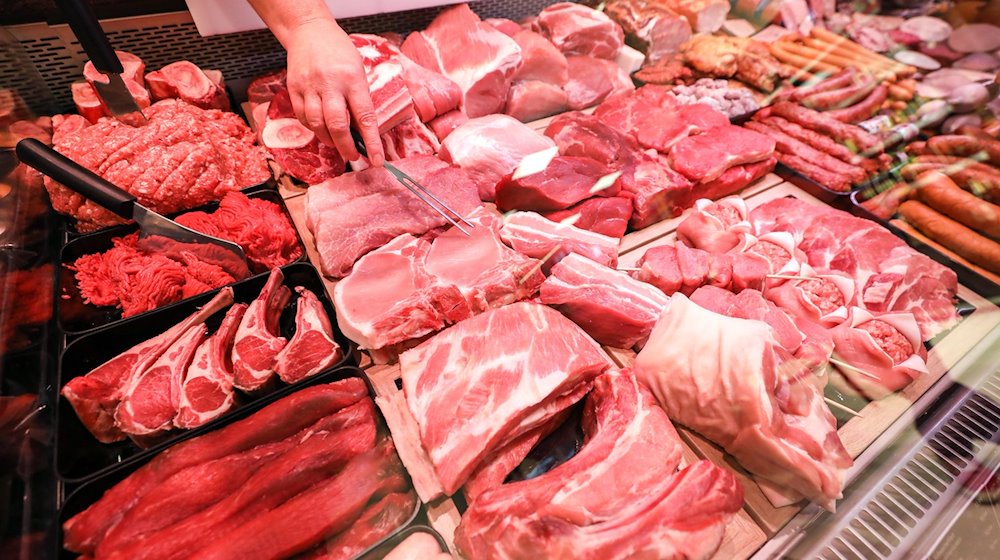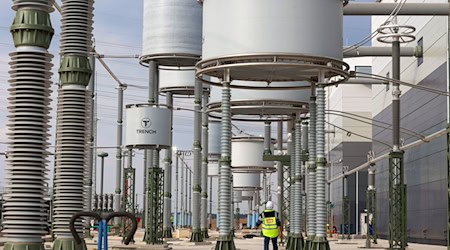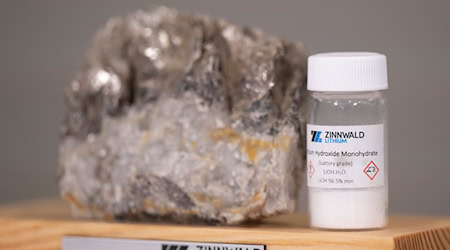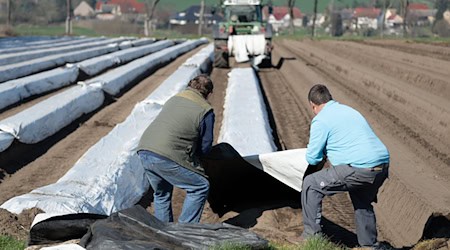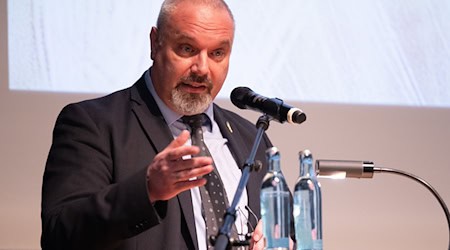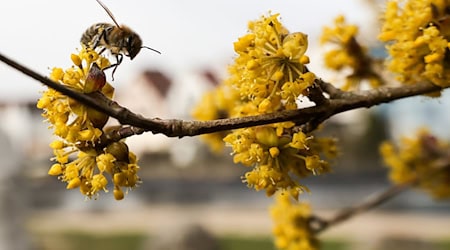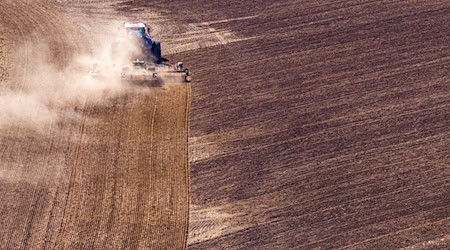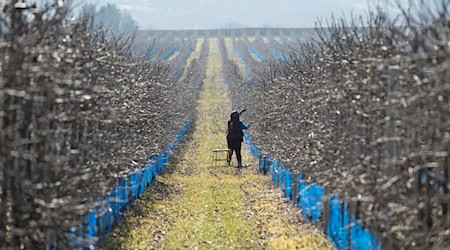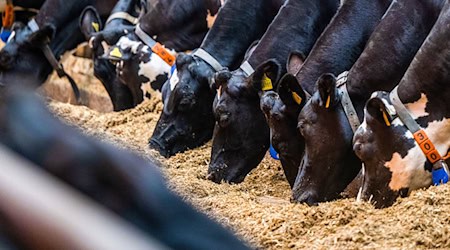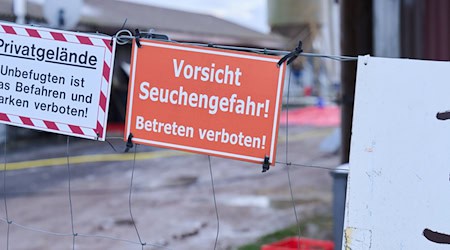The German Federation for the Environment and Nature Conservation (BUND) has welcomed the decline in the number of pigs and cattle in Saxony and called for a consistent restructuring of agriculture. "Climate protection can only be achieved by reducing animal products. Animal husbandry would have to be reduced by around three quarters globally. It currently takes up around four-fifths of the world's agricultural land for feed production and grazing," explained Felix Ekardt, Chairman of BUND in Saxony, in Dresden on Wednesday. The environmental impact of agriculture, such as greenhouse gas emissions, the massive use of pesticides and over-fertilization to the detriment of biodiversity, is primarily linked to meat, milk and cheese.
The State Office for Statistics in Kamenz calculated figures on livestock numbers on Monday. According to the figures, the number of pigs and cattle kept on farms in Saxony last year was the lowest since 1992. At the end of 2023, around 457,200 pigs and 432,100 cattle were recorded. In a five-year comparison, the number of pigs fell by almost a third (31.7%). In contrast, the sheep population in the state recorded a slight increase. 66,300 animals were registered on 420 farms, 3900 sheep more than in 2022.
Among other things, BUND proposed tackling the volume control of livestock farming at EU level by integrating livestock farming into emissions trading. The environmentalists also called for a reduction program for pesticides and more research and funding for organic farming. "The agriculture of the future will have to operate more in small-scale cycles, with more efficient use of nutrients and more intelligent pest control," emphasized Ekardt.
Copyright 2024, dpa (www.dpa.de). All rights reserved

